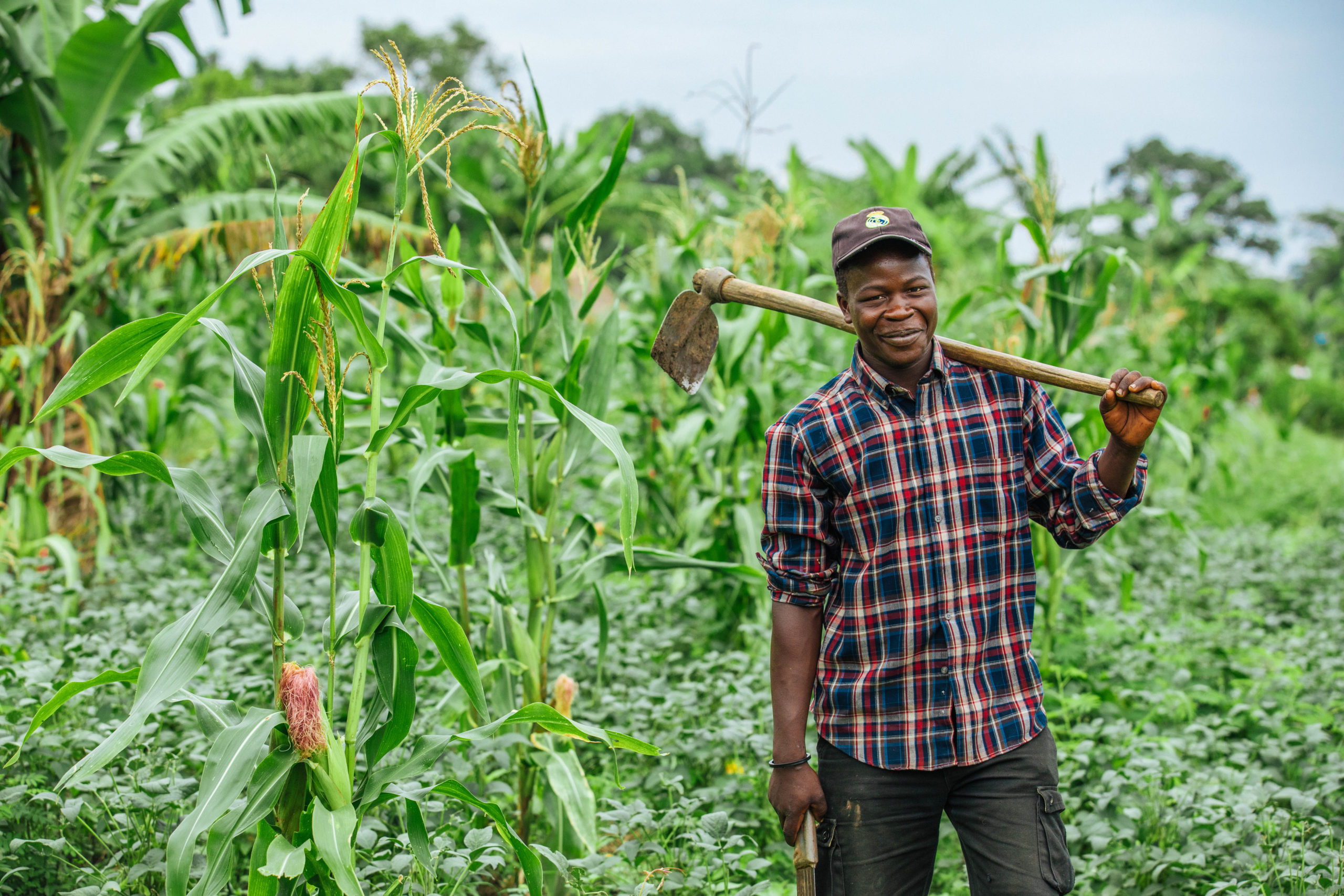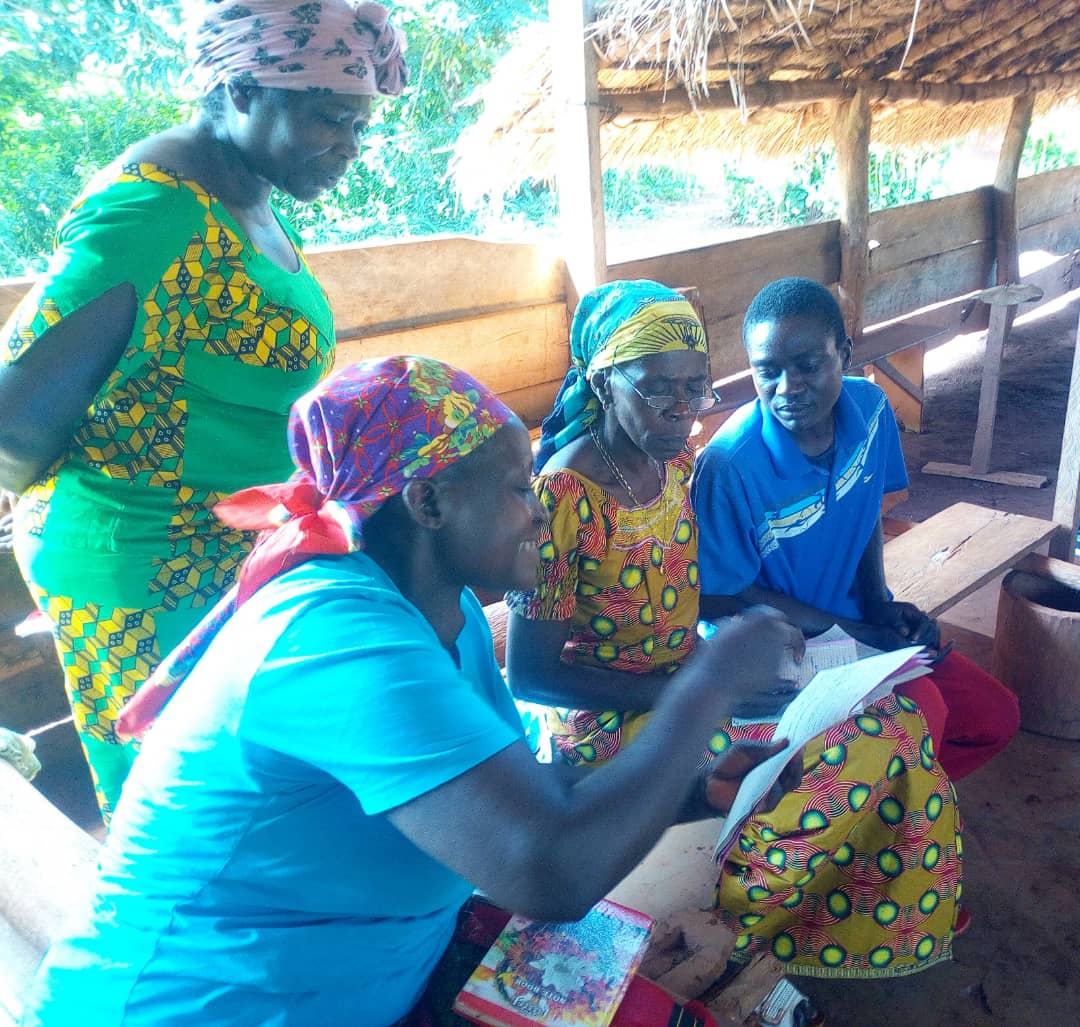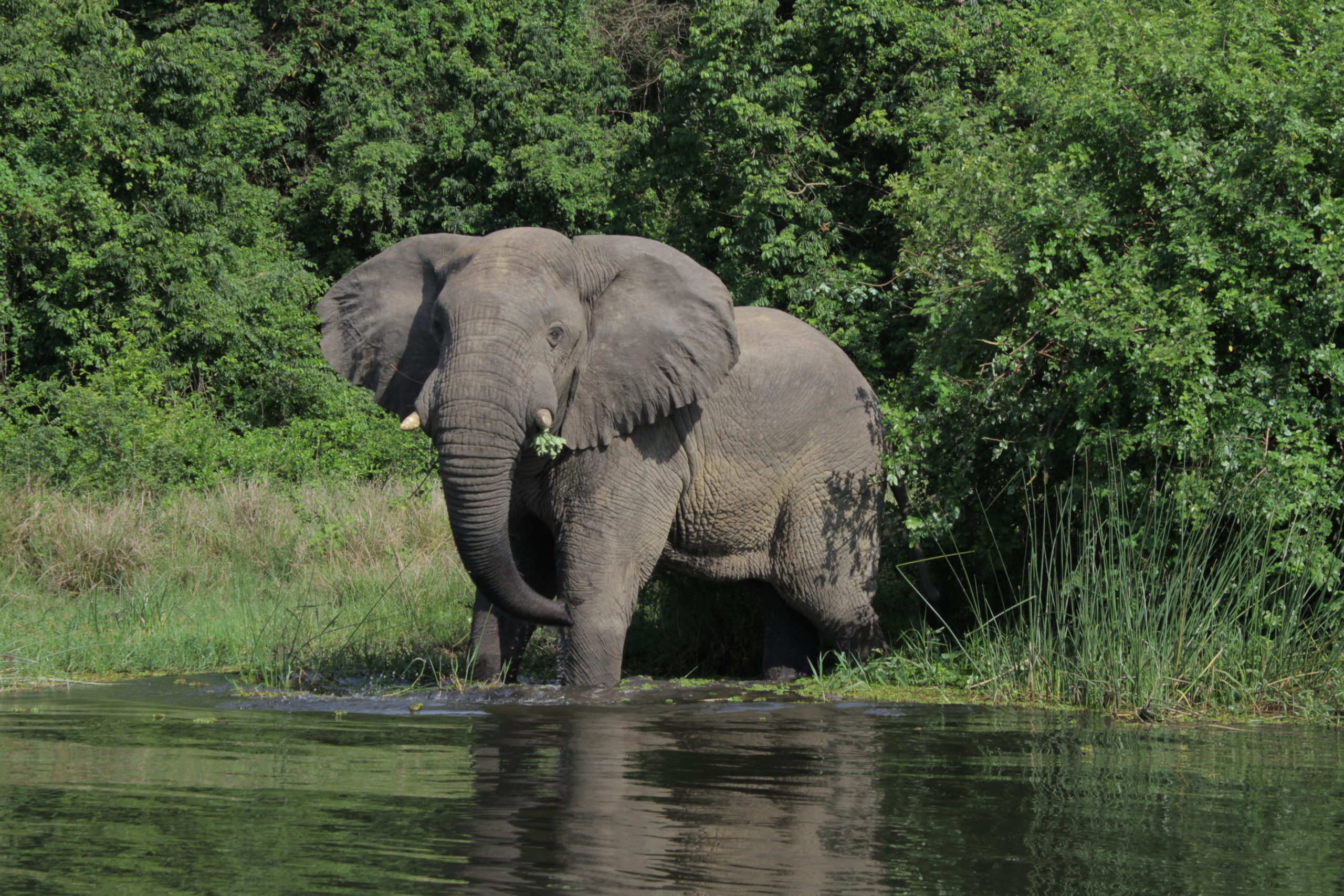Invisible Children is supporting local peacebuilding through environmentally-friendly livelihood projects. Fifteen communities in the Central African Republic (CAR) and the Democratic Republic of Congo (DRC) benefit from these projects. By focusing on environmentally-friendly projects, we are helping to address the economic and environmental factors that fuel violent conflict.

Creating Economic Opportunities that Reduce Risk of Violence
Local economics can have a major influence in peacebuilding and violent conflict. Limited access to resources can create a sense of scarcity, which often leads to conflict between groups. Not only that, young people become especially vulnerable to recruitment by armed groups that present economic opportunity.
By investing in livelihood opportunities, we are addressing some of the impacts and underlying causes of violence. For example, in Napopo, DRC, Invisible Children invested in a community granary. This provides local farmers with more opportunities to sell produce and support their families. It also allows young people an opportunity to earn money to pay school fees and purchase uniforms and books. With greater economic opportunity and access to education, these young people are less vulnerable to armed group recruitment.

Incorporating Conservation into Livelihood Opportunities
As the impacts of climate change continue to limit access to resources, communities become more vulnerable to violent conflict. Meanwhile, poaching and other forms of natural resource exploitation increase risk even further.
Armed groups will often engage in these activities, harming communities in the process. In addition, poaching and over-hunting put ecosystems in danger, leading to further conflict over resources. However, historic conservation efforts have not always taken local communities and their needs into account. To address this, we work with local leaders to incorporate conservation strategies into traditional practices and local economic activity.
Invisible Children provides training and sensitization messaging about conservation, its benefits, and how people can engage in environmentally-friendly livelihood activities. In response, several communities in northeastern DRC collaborated to address the issue of animals wandering into communities and damaging crops. Previously, farmers would hunt and kill animals to prevent this problem. The communities agreed to instead use deterrent strategies such as banging metal objects together or shouting. They also created plans for notifying local park rangers so that they could help redirect animals to protected areas.

A Community-led Holistic Approach
Supporting environmentally-friendly livelihood opportunities is part of Invisible Children’s holistic approach to ending violent conflict. This approach allows us to address real needs identified by local communities. As a result, solutions go past the surface of violence prevention to address the multi-faceted challenges that enable violent conflict. Led by communities, our holistic approach allows for longer-lasting solutions that will make future generations safer.
When you give to Invisible Children, your donations support these community-led solutions. Your support enables us to invest in local peacebuilding, increase access to economic opportunity, support community-based conservation, and much more.

Programs described in this blog are made possible with the support of the American People through the United States Agency for International Development (USAID). The contents of this post are the sole responsibility of Invisible Children and do not necessarily reflect the views of USAID or the United States Government.
Think people should hear about this?